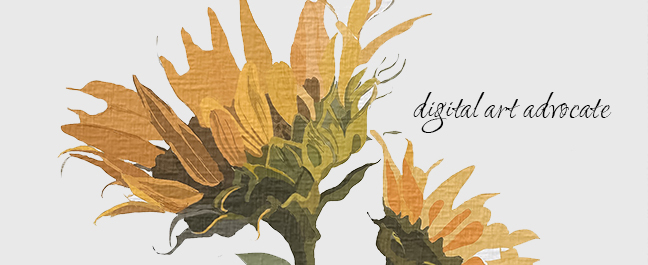Soul Leading
 Tuesday, July 8, 2008 at 06:56PM
Tuesday, July 8, 2008 at 06:56PM 
In Alexander Carmichael's Carmina Gadelica the Celtic death blessing is described as a moving expression of love from the living for the dying. Called by various names including Beannachadh Bais (Death Blessing), Treoraich Anama (Soul Leading), and Fois Anama ( Soul Peace), a slow song was sung over the dying, not led by any figure of clerical authority, rather by the dying person's anam-chara (soul friend). The song asked the Trinity and communion of saints to receive the soul preparing to depart this world while the anam-chara made the sign of the cross with the right thumb over the lips of the dying.
The Soul Leading ritual reminds me of the Commendation in The Burial (rite) of the Dead found in the Book of Common Prayer:
Into your hands, O merciful Savior, we commend your servant ,_____. Acknowledge, we humbly beseech you, a sheep of your own fold, a lamb of your own flock, a sinner of your own redeeming. Receive him into the arms of your mercy, into the blessed rest of everlasting peace, and into the glorious company of the saints in light. Amen.
Granted, it is a lovely prayer, but the Episcopal send-off is given by a priest. No anam-chara need be identified in the bulletin.
In this world of seemingly unending breakage of dreams, fractured relationships and battered hearts one might wonder who her anam-chara would be to perform the Soul Leading. Who might have known her soul best; whose hands most appropriate to share the mystery of delivery from life by drawing the cross over her lips; whose soul would be inevitably entwine with hers for eternity. Alas, in this turbulent world would that modern man could have and name without flinching his anam-chara...only one who stands with him without profit, without pride, without possession...a friend of the soul forever. To have an anam-chara that stands the test of time, even to eternity, would make not only bearable - but, yes, beautiful - abhuinn dubh a bhais (crossing the black river of death), cuan mor na duibhre (the great ocean of darkness), beanntaibh na bith-bhuantachd (the mountains of eternity).
 Spirituality
Spirituality 

Reader Comments